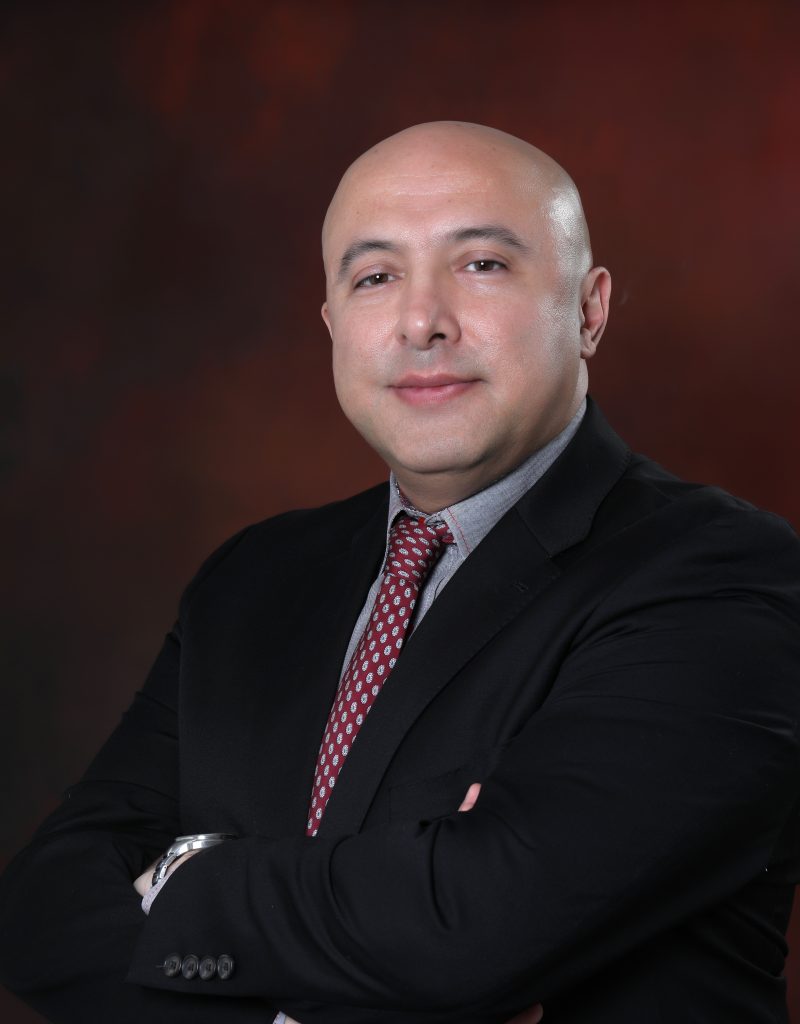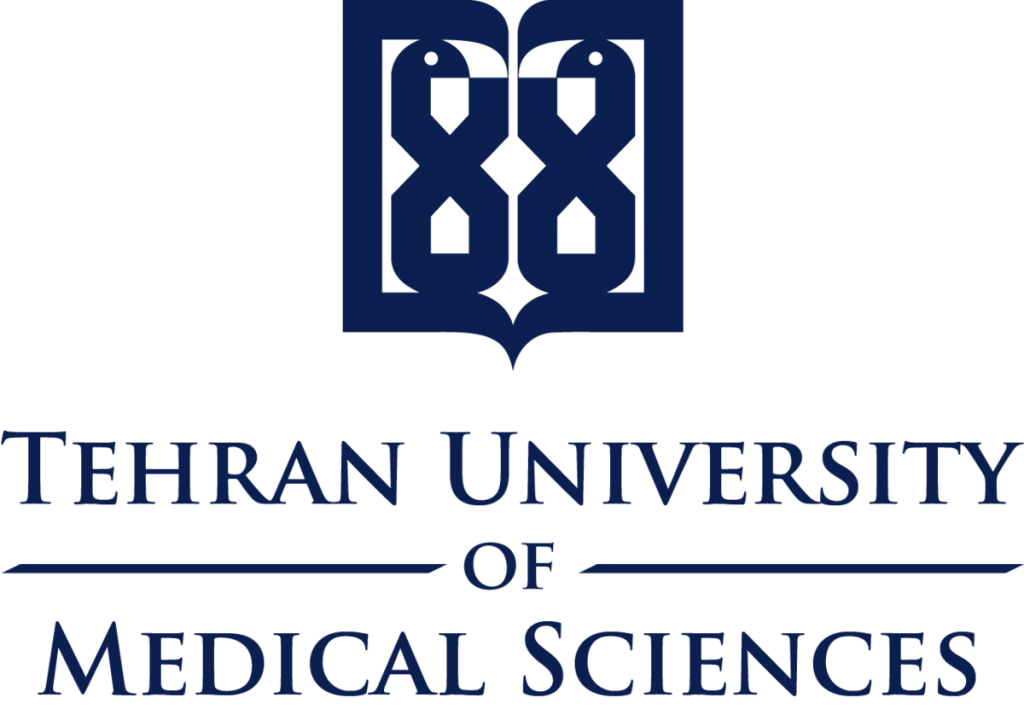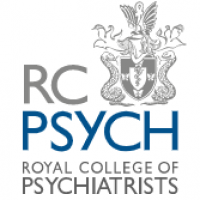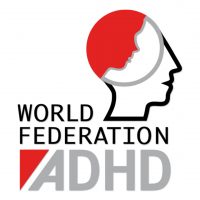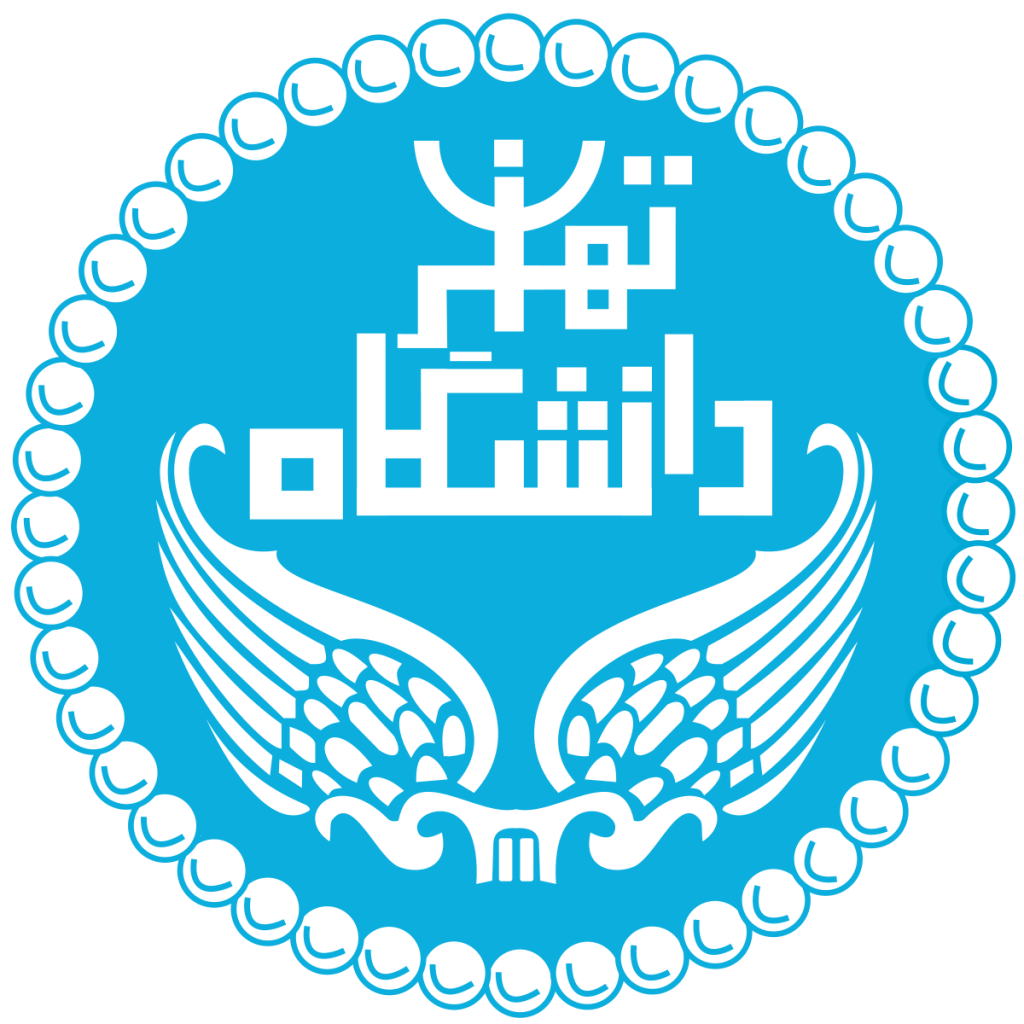What causes Anxiety?
Anxiety disorders are the most common mental illnesses here in the UK and are often the most treatable too. They can occur in patients in all walks of life and there are 5 major types of anxiety disorder (we’ll list them later on).
Everybody experiences feelings of worry and symptoms of stress when dealing with certain situations or people. Some people find it hard to control their worries. When diagnosing, we look to see if feelings of anxiety are more constant and how they are affecting our patient’s daily lives.
Anxiety disorders can be caused by the interaction of genetics and environmental triggers. Here we’ve listed some common triggers, for example:
- Stress from work, personal life, finances or relationships.
- Childhood trauma or more recent traumatic events.
- Stress from medical conditions.
- Drugs – The effects of caffeine and alcohol on the body can make some people feel anxious. Illegal drugs can also have an effect.
- Stress from global occurrences (For example, the recent COVID-19 pandemic).
By looking at your lifestyle, we are able to suggest how some triggers can be adapted to help you feel better about them. Some triggers are avoidable, and some are unfortunately unavoidable. Evidence-based mental health and anxiety treatment can help people with anxiety learn how to manage triggering situations without experiencing severe symptoms of anxiety.
Generalised Anxiety Disorder
Generalised Anxiety Disorder, GAD, is an anxiety disorder characterized by chronic anxiety, exaggerated worry and tension, even when there is little or nothing to provoke it.
Obsessive-Compulsive Disorder (OCD)
Obsessive-Compulsive Disorder, OCD, is an anxiety disorder and is characterised by recurrent, unwanted thoughts (obsessions) and/or repetitive behaviours (compulsions). Repetitive behaviours such as hand washing, counting, checking, or cleaning are often performed with the hope of preventing obsessive thoughts or making them go away. Performing these so-called “rituals,” however, provides only temporary relief, and not performing them increases anxiety.
Panic Disorder
Panic disorder is an anxiety disorder and is characterised by unexpected and repeated episodes of intense fear accompanied by physical symptoms that may include chest pain, heart palpitations, shortness of breath, dizziness, or abdominal distress.
Post-Traumatic Stress Disorder (PTSD)
Post-Traumatic Stress Disorder, PTSD, is an anxiety disorder that can develop after exposure to a terrifying event or ordeal in which physical harm occurred or was threatened. Traumatic events that may trigger PTSD include violent personal assaults, natural or human-caused disasters, accidents, or military combat.
Social Phobia (or Social Anxiety Disorder)
Social Phobia, or Social Anxiety Disorder, is an anxiety disorder characterised by overwhelming anxiety and excessive self-consciousness in everyday social situations. Social phobia can be limited to only one type of situation – such as a fear of speaking in formal or informal situations, or eating or drinking in front of others – or, in its most severe form, may be so broad that a person experiences symptoms almost anytime they are around other people.
Dr Behzad Basit is an experienced Psychiatrist with his medical career starting in 1988. Dr Basit been described by patients and colleagues as very approachable and can help patients experiencing anxiety. His background in general practice, psychiatry and psychotherapy enables him to take a holistic approach in assessment and management of patients.
We invite you to book a consultation with Dr Behzad Basit, just complete our contact form here.
You can read more about Dr Basit here.

